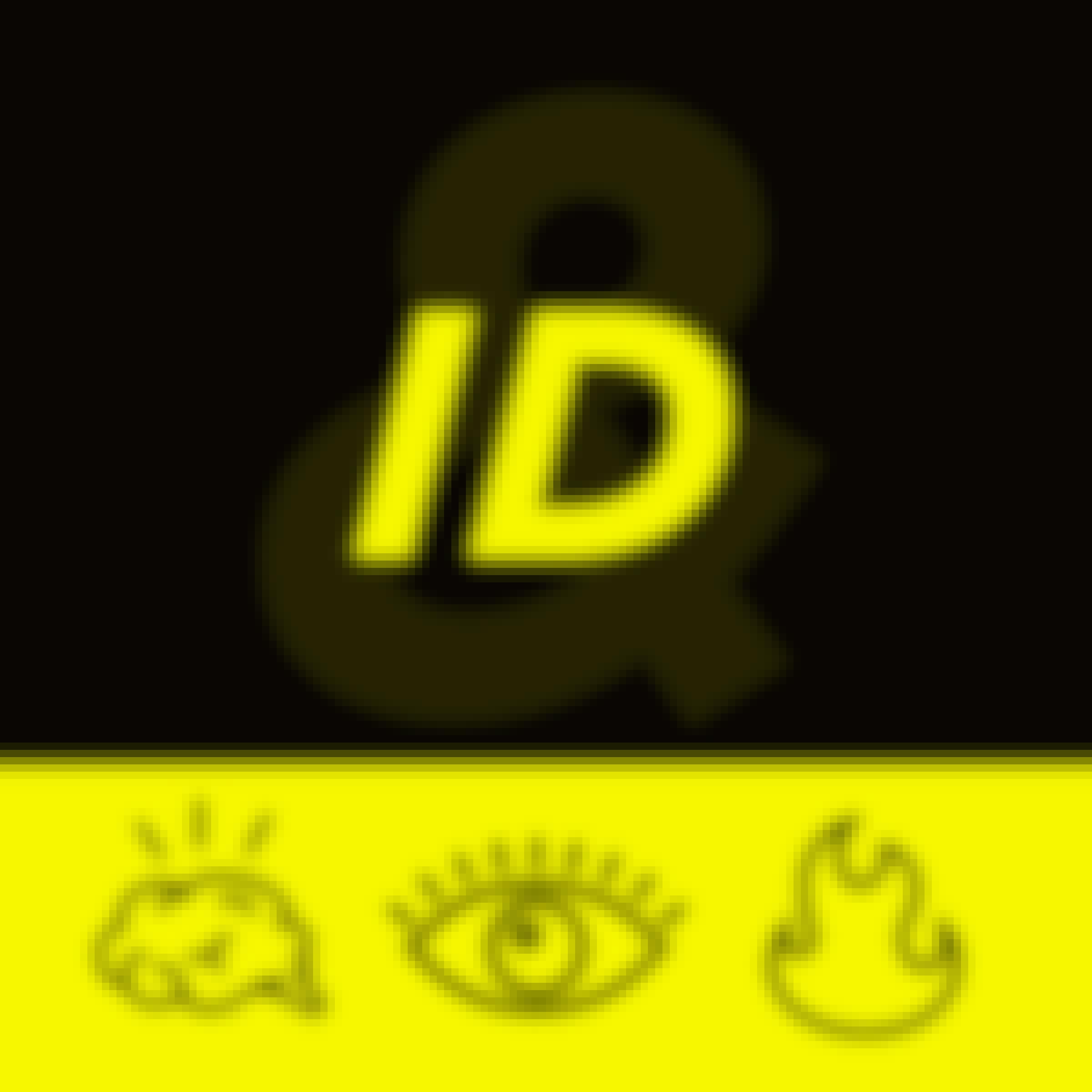Filter by
SubjectRequired
LanguageRequired
The language used throughout the course, in both instruction and assessments.
Learning ProductRequired
LevelRequired
DurationRequired
SkillsRequired
SubtitlesRequired
EducatorRequired
Explore the Korean Course Catalog

University of California, Santa Cruz
Skills you'll gain: World History, European History, International Relations, Political Sciences, Social Sciences, Economics, Governance

Qualcomm Academy
Skills you'll gain: Wireless Networks, Telecommunications, Emerging Technologies, Internet Of Things, Network Infrastructure, Virtualization
 Status: Free Trial
Status: Free TrialSkills you'll gain: Database Design, Database Management Systems, SQL, Relational Databases, Databases, MySQL, Database Administration, Data Integrity, Query Languages, Data Manipulation

University of Pennsylvania
Skills you'll gain: Influencing, Persuasive Communication, Organizational Change, Change Management, Overcoming Obstacles, Open Mindset, Cognitive flexibility, Behavioral Economics, Decision Making, Consumer Behaviour
 Status: Free Trial
Status: Free TrialStanford University
Skills you'll gain: Algorithms, Bioinformatics, Graph Theory, Computational Thinking, Data Structures, Theoretical Computer Science
 Status: Free Trial
Status: Free TrialUniversity of Colorado System
Skills you'll gain: Database Design, Relational Databases, Data Modeling, Database Management Systems, Databases, Oracle Databases, SQL, Query Languages, PostgreSQL, Systems Design

Emory University
Skills you'll gain: Financial Statement Analysis, Financial Statements, Financial Analysis, Income Statement, Balance Sheet, Finance, Financial Modeling, Risk Management, Financial Management, Corporate Finance, Microsoft Excel, Accounting, Spreadsheet Software, General Finance, Cash Flows, Investments
 Status: Free Trial
Status: Free TrialIE Business School
Skills you'll gain: Brand Strategy, Branding, Logo Design, Brand Management, Target Audience, Consumer Behaviour, Value Propositions, Marketing, Marketing Psychology, Marketing Strategies, Advertising, Competitive Analysis, Color Theory
 Status: Free Trial
Status: Free TrialUniversity of Pennsylvania
Skills you'll gain: Compliance Training, Compliance Management, Regulatory Compliance, Compliance Reporting, Compliance Auditing, Internal Communications, Procedure Development, Continuous Monitoring, Culture Transformation, Disciplinary Procedures, Industrial and Organizational Psychology, Ethical Standards And Conduct, Psychology, Strategic Planning

University at Buffalo
Skills you'll gain: Computer Vision, Image Analysis, Computer Graphics, Visualization (Computer Graphics), Data Processing, Digital Design, Artificial Intelligence, Computer Programming, Matlab, Algorithms, Calculus, Probability & Statistics

Universitat Autònoma de Barcelona
Skills you'll gain: Lecturing, Language Competency, English Language, Verbal Communication Skills, Higher Education, Language Learning, Professional Development, Stress Management, Collaboration, Vocabulary, Train The Trainer, Grammar

Skills you'll gain: Science and Research, Research, Physical Science, Scientific Methods, Life Sciences, Physics, Water Resources, Advanced Mathematics, Chemistry, Environment, Biology
Korean learners also search
In summary, here are 10 of our most popular korean courses
- Russian History: from Lenin to Putin: University of California, Santa Cruz
- 5G for Everyone: Qualcomm Academy
- Introduction to Databases: Meta
- Removing Barriers to Change: University of Pennsylvania
- Greedy Algorithms, Minimum Spanning Trees, and Dynamic Programming: Stanford University
- Database Management Essentials: University of Colorado System
- Finance for Non-Financial Managers: Emory University
- Brand Identity and Strategy: IE Business School
- Effective Compliance Programs: University of Pennsylvania
- Computer Vision Basics: University at Buffalo










